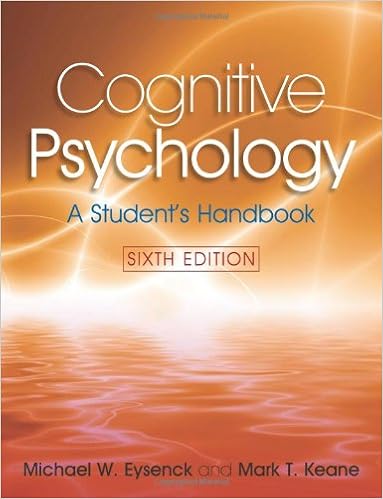World Views Classic And Contemporary Readings Sixth Edition Publication

Description This collection of readings gives students exposure to a wide variety of perspectives in the field of social psychology. Each of the fifteen chapters begins with an introduction and is followed by three articles: one general (“popular”), one classic, and one contemporary. Lockdown Rapid Weaver Serial. The articles are followed by critical questions designed to facilitate comprehension and encourage discussion. Topic integration questions conclude each chapter. The use of both popular readings and research articles provides students with a broad range of views and theories within the discipline of social psychology. The topical organization of the collection directly parallels Baron/Byrne/Branscombe’s Social Psychology, Twelfth Edition, and closely parallels Baron/Byrne/Branscombe’s Mastering Social Psychology.
Feminist Visions: Classic and Contemporary Readings. Classic and Contemporary Readings / Edition 6. Compiled from the sixth edition of the Publication. WORLD VIEWS CLASSIC & CONTEMPORARY READINGS 6TH ED.(2010) (CUSTOM EDITION FOR TRIDENT TECHNICAL COLLEGE 2010 6TH ED.) by n/a and a great selection of similar Used.
However, Readings in Social Psychology can be used with any social psychology textbook, or as a stand-alone reader in courses that do not use full textbooks. • Provides a unique combination of popular, classic, and contemporary selections on each topic, exposing students to the different sources of information in the field. • New articles selected from both popular publications and professional journals are more readable and user-friendly than in previous editions.
• Chapter introductions draw a correlation between the three articles in each chapter, illustrating how they each relate to one another. • Classic articles are followed by a list of “Additional Related Readings” for students who wish to review more contemporary articles on the same topic. • “Critical Thinking” questions ask students to examine different aspects of the articles presented, as well as assess the implications of psychological research in their own lives.
• “Chapter Integration Questions” at the end of each chapter help promote critical thinking. • Articles are presented in their entirety. Chapter 1: The Field of Social Psychology • Epstein, R. (November/December, 1997). Folk wisdom: Was your grandmother right? Psychology Today, 30, 46-50, 76.
Human use of human subjects: The problem of deception in social psychological research. Psychological Bulletin, 67, 1-11.
• NEW How to be a wise consumer of psychological research. American Psychological Association, Office of Public Communications.
Chapter 2: Social perception • Flora, C. (May/June, 2004).
The once-over: Can you trust first impressions? Psychology Today, 37, 60-66. The warm-cold variable in first impressions of persons.
Journal of Personality, 18, 431-439. • NEW Edelstein, R.S.; Luten, T.L.; Ekman, P. Codec Mpeg Audio Layer 1 2 3 Mpga Download Skype. ; & Goodman, G.S. Detecting lies in children and adults. Law and Human Behavior, 30, 1-10.
Chapter 3: Social cognition • Gilovich, T. (March 13, 1997). Some systematic biases in everyday judgment. The Skeptical Inquirer, 21 (2), 31.
• Schachter, S.; & Singer, S. Cognitive, social, and physiological determinants of emotional states.
Psychological Reviews, 69, 379-399. • NEW Lambert, T.A.; Kahn, A.S.; & Apple, K.J. Pluralistic ignorance and hooking up. Journal of Sex Research, 40, 129-133. Chapter 4: Attitudes • Ventura, M. (January/February, 1998). Don’t even think about it!